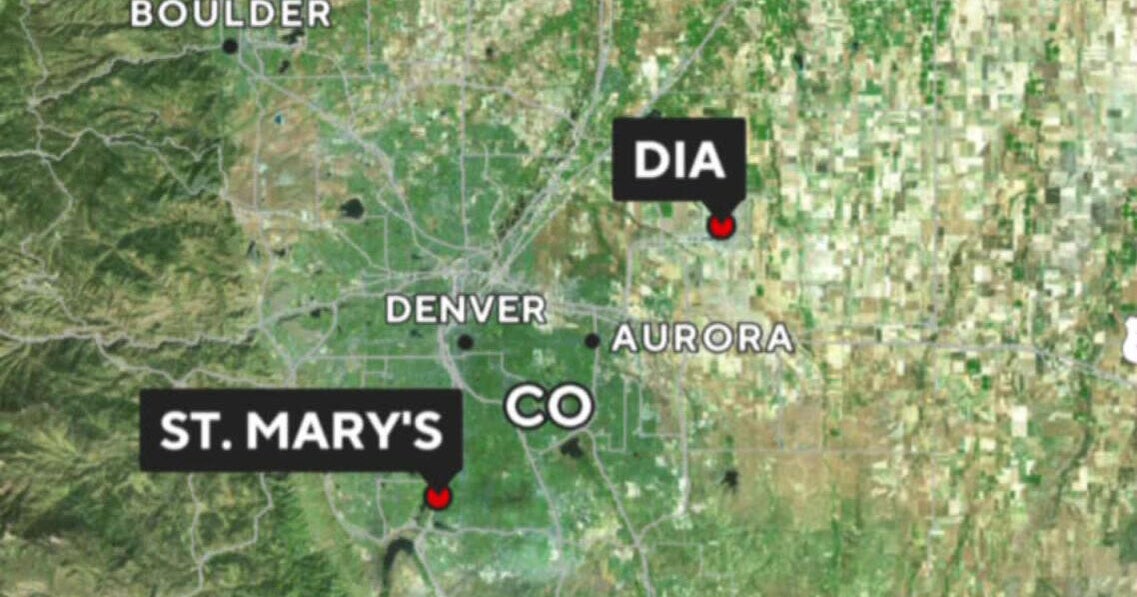Pennsylvania & The Affordable Care Act
In 2007, nearly 10 percent of Pennsylvania residents reported they were unable to see a doctor when necessary due to cost. Between 2003 and 2009, families in Pennsylvania saw their health insurance premiums increase by 45 percent to an average annual cost of $13,229. Single policyholders experienced a 38 percent increase over the same period. [1] Of those who do have health insurance, 53 percent are covered through their employment. Public programs such as Medicaid and Medicare insure 31 percent of Pennsylvania's population, and five percent of residents purchase individual private policies. This leaves nearly 1.4 million, 11 percent of the state's population, uninsured. [2]
Who are the uninsured in Pennsylvania?
Pennsylvania's children are uninsured at a rate of eight percent. This figure doubles to 16 percent for children living in households with incomes less than 139 percent of the Federal Poverty Level. Non-elderly adults, those younger than 65, that live in in these lower-income homes are uninsured at a rate of 32 percent. [3] A quarter of Pennsylvania's non-elderly Hispanic population lacks health insurance. Non-elderly Blacks are uninsured at a rate of 17 percent, and 11 percent of the non-elderly White population is uninsured. [4]
How does the Affordable Care Act affect Pennsylvanians?
The Affordable Care Act (ACA) requires states provide access to an online marketplace, also called an exchange, where individuals and small businesses may compare, select and purchase private health insurance policies that offer a minimum level of coverage. States have the option of establishing their own exchange, operating an exchange in cooperation with the federal government, or turning all administration of the health care marketplace over to the federal government.
In a December 12, 2012 press statement, Governor Tom Corbett announced the state would not establish its own exchange. Although the state had been investigating the state-based exchange option, Governor Corbett cited the lack of guidance from the U.S. Department of Health and Human Services as the reason for his decision to forgo a state exchange. Therefore, the Pennsylvania insurance exchange will be run by the federal government.
Under ACA, all new policies, and in-force policies upon renewal, must cover a package of essential health benefits, including hospitalization, emergency services, and mental health treatments. Annual wellness checkups and other preventative screenings must be covered with no co-payments or deductibles. Residents may not be denied health insurance for pre-existing health conditions, and insurers may not place a lifetime cap on benefits. Households with incomes at or below 400 percent of the Federal Poverty Level may be eligible for tax credits to offset premium costs.
Pennsylvania's health insurance exchange
Pennsylvanians can to compare and enroll in health insurance plans at the federal health insurance marketplace portal HealthCare.gov. All plans offered in the Pennsylvania exchange cover essential health benefits based on Aetna Health's PA POS Cost Sharing 34 1500 Ded plan. Plans are offered in four categories of coverage levels, with the least expensive plan, the bronze tier, covering 60 percent of medical costs. Plans in the silver tier cover 70 percent of costs. Gold plans cover 80 percent. The most expensive tier, platinum, covers 90 percent of medical costs. The federal website offers information about available tax credits, subsidies and eligibility for free health insurance through Medicaid. For assistance by phone, consumers may reach the call center 24-hours a day at 1-800-318-2596.
Small Business Health Options Program (SHOP)
Under the ACA, small business employers with fewer than 50 full-time workers, or full-time equivalent workers, will not be required to offer health insurance to their employees. (Check here for a definition and calculator to determine who qualifies as a full-time worker.) However, the ACA encourages many small business employers to provide health insurance by offering small business health care tax credits.
Many small businesses were already offering health insurance packages to their employees before the ACA was passed and signed into law. These plans are accepted, or grandfathered in, under the ACA.
For small business owners who wish to change their coverage plans, or for those who did not offer health insurance before the new law, the ACA establishes the Small Business Health Options Program or SHOP. SHOP allows employers to compare and shop for quality insurance plans side by side for their employees. Pennsylvania small business owners may access SHOP through HealthCare.gov. For more information about the ACA and small businesses, visit the U.S. Small Business Administration.
Certified in-person enrollment organizations
The U.S. Department of Health and Human Services has approved the health centers below in Pennsylvania for assistance in outreach and enrollment.
- Berks Community Health Center
- Centerville Clinic Inc
- Chespenn Health Services
- Community Health And Dental Care, Inc.
- Community Health Clinic, Inc.
- Community Health Net
- Cornerstone Care, Inc.
- Covenant House Inc.
- Delaware Valley Community Health, Inc.
- East Liberty Family Health Care Center
- Family First Health Corporation
- Greater Philadelphia Health Action, Incorporated
- Hamilton Health Center, Inc.
- LCH - La Comunidad Hispana
- Neighborhood Health Centers Of Lehigh Valley
- Primary Care Health Services Inc
- Primary Health Network, Inc.
- Scranton Primary Health Care Center, Inc.
- Southeast Lancaster Health Services, Inc.
- Sto-Rox Neighborhood Health Council Inc
- Wayne Memorial Community Health Centers
- Welsh Mountain Medical And Dental Center
For the most current list, visit the U.S. Department of Health and Human Services.
External resources for Pennsylvania residents
- Centers for Medicare & Medicaid Services
- Cover USA.org
- FamiliesUSA
- HealthCare.gov
- The Kaiser Family Foundation
- KidsWell
- Pennsylvania Insurance Department
- State Refor(u)m
See the full list of external resources from CBS Philly.
_____________________________________
[1] http://www.commonwealthfund.org/Publications/Issue-Briefs/2010/Dec/State-Trends-Premiums-and-Deductibles.aspx
[2] http://kff.org/other/state-indicator/total-population/?state=PA
[3] http://kff.org/state-category/health-coverage-uninsured/?state=PA
[4] http://kff.org/uninsured/state-indicator/rate-by-raceethnicity/?state=PA
Gillian Burdett is a freelance writer covering all things home and living. Her work can be found on Examiner.com.







